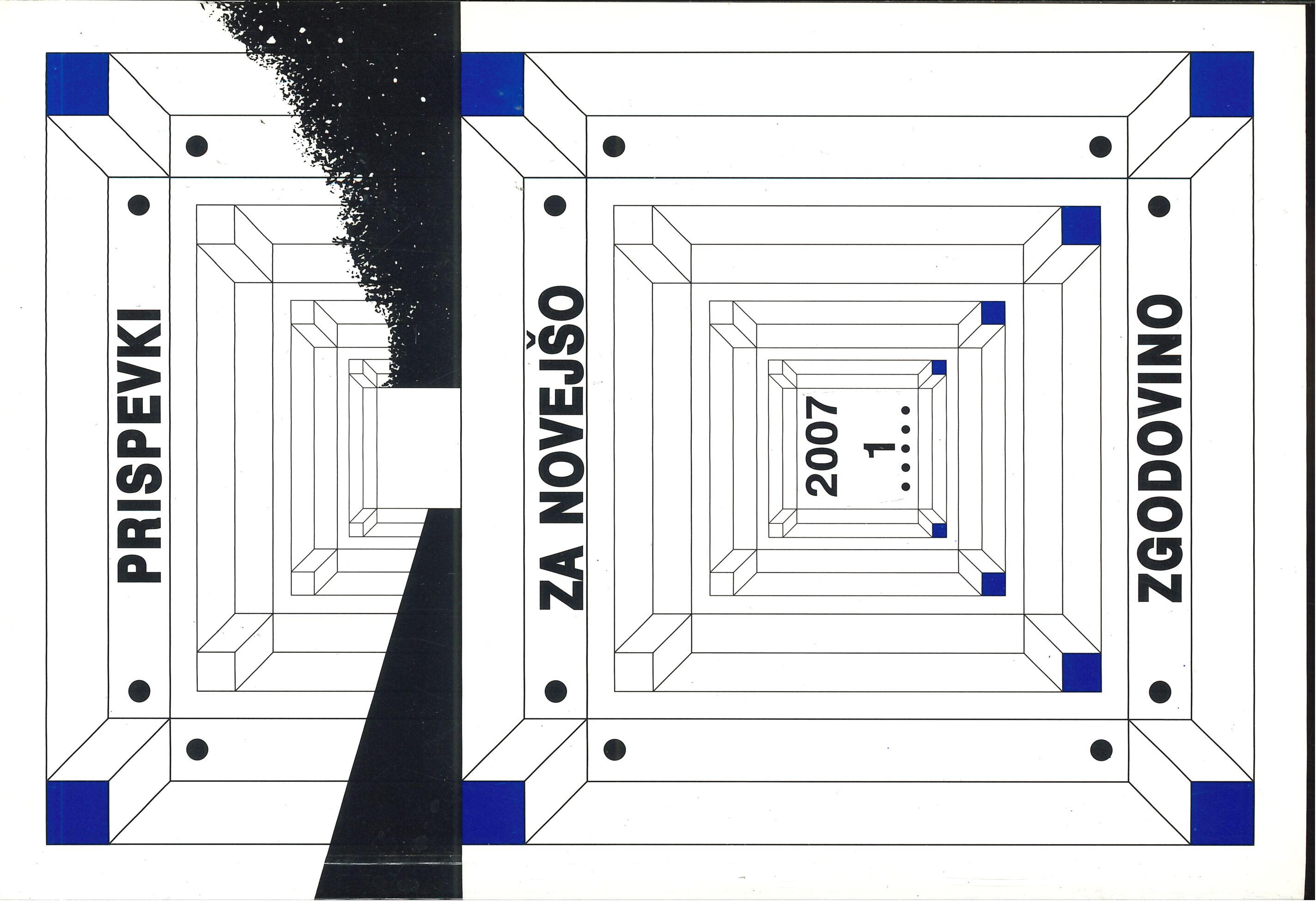The Ideological Bases of the Collaboration in Europe During the Second World War and a Short Comparison with Slovenia
Keywords:
nacionalizem, antisemitizem, Slovenia, Europe, Second World War, occupation, occupying regimes, collaboration, ideology, Nazism, nationalism, anti-SemitismAbstract
Using extensive literature and some archive sources, the author explores the ideological and political bases of various forms and degrees of the collaboration with occupying regimes in selected European countries during the Second World War. Individual cases are then briefly compared with the situation and events in the occupied Slovenia. He concludes that, in Western Europe and the Baltic states, the main ideological role was played by extreme nationalist movements. In this respect, there were also attempts to create some kind of Fascist International, which the Nazi leadership intended to mobilize in its campaign far the so-called 'new Europe'. In some areas, anti-Semitism and anti-Communism, i.e. the fear of a Soviet domination, featured prominently. The latter, reinforced by the violent attitudes of the partisan movement, was typical of Slovenia. Everywhere, the emergence of collaboration was connected with survival and opportunism, although the latter may only be classified as an ideological basis conditionally.
Downloads
Published
Issue
Section
License
Authors who publish with this journal agree to the following terms:
- Authors retain copyright and grant the journal right of first publication with the work simultaneously licensed under a Creative Commons Attribution License that allows others to share the work with an acknowledgement of the work's authorship and initial publication in this journal.
- Authors are able to enter into separate, additional contractual arrangements for the non-exclusive distribution of the journal's published version of the work (e.g., post it to an institutional repository or publish it in a book), with an acknowledgement of its initial publication in this journal.
- Authors are permitted and encouraged to post their work online (e.g., in institutional repositories or on their website) prior to and during the submission process, as it can lead to productive exchanges, as well as earlier and greater citation of published work (See The Effect of Open Access).


